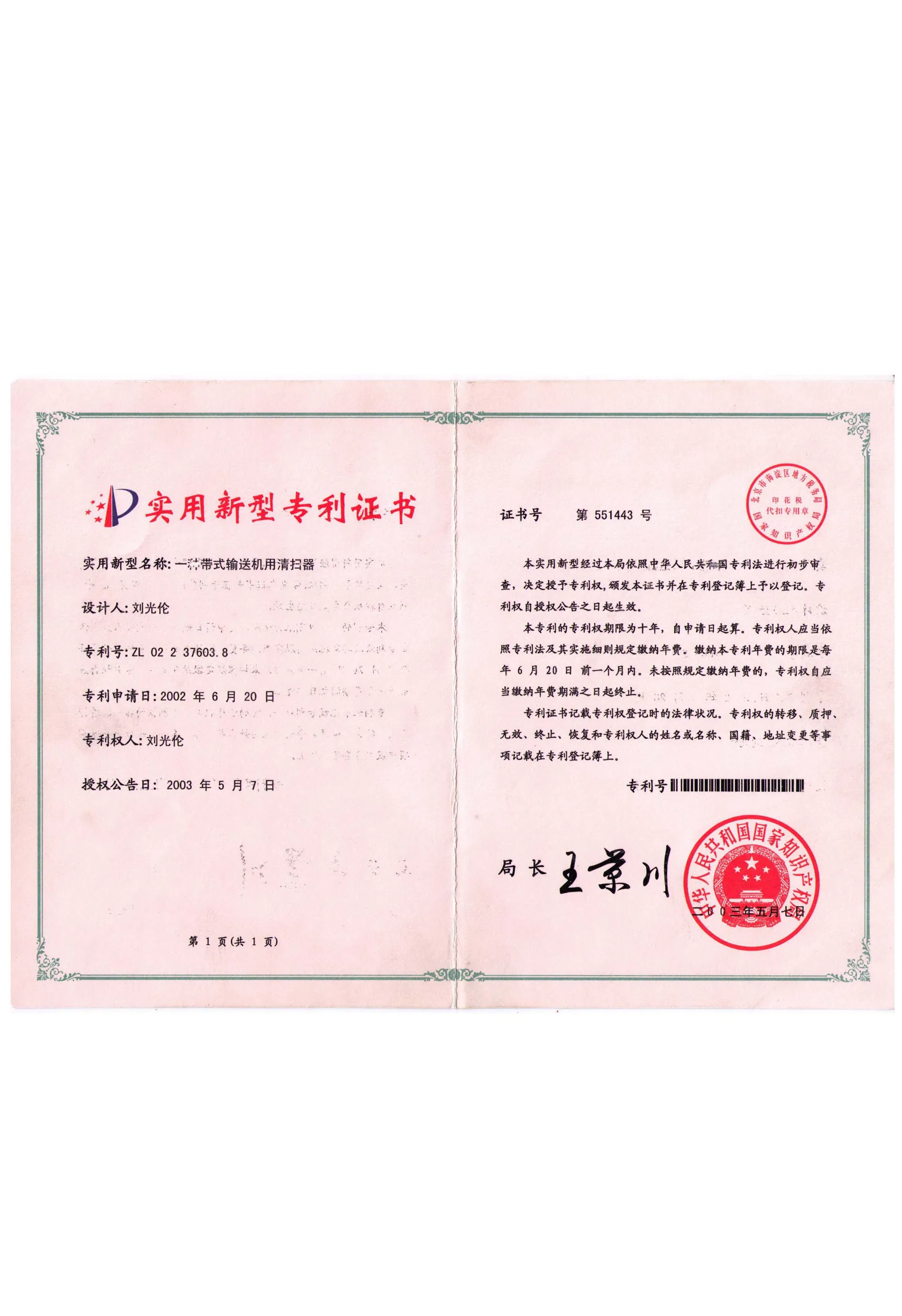 Afrikaans
Afrikaans  Albanian
Albanian  Amharic
Amharic  Arabic
Arabic  Armenian
Armenian  Azerbaijani
Azerbaijani  Basque
Basque  Belarusian
Belarusian  Bengali
Bengali  Bosnian
Bosnian  Bulgarian
Bulgarian  Catalan
Catalan  Cebuano
Cebuano  Corsican
Corsican  Croatian
Croatian  Czech
Czech  Danish
Danish  Dutch
Dutch  English
English  Esperanto
Esperanto  Estonian
Estonian  Finnish
Finnish  French
French  Frisian
Frisian  Galician
Galician  Georgian
Georgian  German
German  Greek
Greek  Gujarati
Gujarati  Haitian Creole
Haitian Creole  hausa
hausa  hawaiian
hawaiian  Hebrew
Hebrew  Hindi
Hindi  Miao
Miao  Hungarian
Hungarian  Icelandic
Icelandic  igbo
igbo  Indonesian
Indonesian  irish
irish  Italian
Italian  Japanese
Japanese  Javanese
Javanese  Kannada
Kannada  kazakh
kazakh  Khmer
Khmer  Rwandese
Rwandese  Korean
Korean  Kurdish
Kurdish  Kyrgyz
Kyrgyz  Lao
Lao  Latin
Latin  Latvian
Latvian  Lithuanian
Lithuanian  Luxembourgish
Luxembourgish  Macedonian
Macedonian  Malgashi
Malgashi  Malay
Malay  Malayalam
Malayalam  Maltese
Maltese  Maori
Maori  Marathi
Marathi  Mongolian
Mongolian  Myanmar
Myanmar  Nepali
Nepali  Norwegian
Norwegian  Norwegian
Norwegian  Occitan
Occitan  Pashto
Pashto  Persian
Persian  Polish
Polish  Portuguese
Portuguese  Punjabi
Punjabi  Romanian
Romanian  Russian
Russian  Samoan
Samoan  Scottish Gaelic
Scottish Gaelic  Serbian
Serbian  Sesotho
Sesotho  Shona
Shona  Sindhi
Sindhi  Sinhala
Sinhala  Slovak
Slovak  Slovenian
Slovenian  Somali
Somali  Spanish
Spanish  Sundanese
Sundanese  Swahili
Swahili  Swedish
Swedish  Tagalog
Tagalog  Tajik
Tajik  Tamil
Tamil  Tatar
Tatar  Telugu
Telugu  Thai
Thai  Turkish
Turkish  Turkmen
Turkmen  Ukrainian
Ukrainian  Urdu
Urdu  Uighur
Uighur  Uzbek
Uzbek  Vietnamese
Vietnamese  Welsh
Welsh  Bantu
Bantu  Yiddish
Yiddish  Yoruba
Yoruba  Zulu
Zulu belt conveyor cleaner
Belt Conveyor Cleaners Ensuring Efficiency in Material Handling
Belt conveyors are a crucial component in various industries, from mining to food processing, facilitating the transportation of materials over long distances efficiently. However, the effective operation of these conveyors hinges significantly on maintaining a clean belt. Dirt, debris, and residue can accumulate on the belt surface, leading to a host of problems including decreased efficiency, increased energy consumption, and equipment wear. This is where belt conveyor cleaners come into play.
Understanding Belt Conveyor Cleaners
Belt conveyor cleaners, also known as belt scrapers or belt cleaning systems, are essential devices designed to remove unwanted material from the surface of conveyor belts. These cleaners help maintain optimal performance by ensuring a clean surface for material transfer. There are primarily two types of belt cleaners primary cleaners, which are positioned at the discharge point of the belt, and secondary cleaners, which are installed further down the belt to ensure residual material is removed.
Importance of Belt Conveyor Cleaners
1. Enhanced System Efficiency Accumulation of material on the conveyor belt can lead to misalignment and extra strain on the motor, causing inefficient operation. Cleaning systems minimize this buildup, ensuring that the belt runs smoothly and materials are transported efficiently.
2. Reduced Downtime Regular maintenance of conveyor belts through effective cleaning techniques minimizes unexpected downtimes. A clean belt reduces the risk of jams or slippage, which can halt production and necessitate costly repairs.
3. Extended Equipment Life The wear and tear on mechanical components such as bearings, pulleys, and drive motors is aggravated by the accumulation of material. By employing belt cleaners, companies can prolong the lifespan of their conveyor systems and reduce replacement costs.
4. Safety and Environmental Benefits A clean belt reduces the risk of material spills, which can pose safety hazards to workers. Additionally, effective cleaning minimizes waste and ensures compliance with environmental regulations, which is increasingly important in today’s industrial landscape.
belt conveyor cleaner

Types of Belt Cleaners
Belt cleaners come in various designs tailored to specific applications and materials being handled
- Mechanical Scrapers These are the most common type of primary cleaners and use metal, polyurethane, or rubber blades to scrape off material. They are effective for heavy-duty applications.
- Air Cleaners For materials that leave minimal residue, air cleaners can be used. These systems employ high-velocity air jets to dislodge residual material without physical contact, thereby minimizing wear on the belt.
- Chemical Cleaners In industries where hygiene is paramount, such as food processing, chemical cleaners can be used in conjunction with mechanical systems to ensure a sterile surface.
Choosing the Right Cleaner
Selecting the appropriate belt conveyor cleaner involves several considerations. Factors include the type of material being conveyed, the environment (wet, dry, sticky, etc.), and the specific challenges faced by the system. Consulting with manufacturers or industry experts can provide valuable insights into the most effective cleaning solutions for particular applications.
Conclusion
In conclusion, belt conveyor cleaners play an indispensable role in the efficient and effective operation of conveyor systems across various industries. By selecting and maintaining the right cleaning equipment, businesses can enhance efficiency, reduce operational costs, and extend the lifespan of their equipment. Investing in quality belt cleaners is not just about cleanliness; it’s an essential factor that contributes to the overall productivity and operational success of material handling systems in today’s competitive market.
-
Revolutionizing Conveyor Reliability with Advanced Rubber Lagging PulleysNewsJul.22,2025
-
Powering Precision and Durability with Expert Manufacturers of Conveyor ComponentsNewsJul.22,2025
-
Optimizing Conveyor Systems with Advanced Conveyor AccessoriesNewsJul.22,2025
-
Maximize Conveyor Efficiency with Quality Conveyor Idler PulleysNewsJul.22,2025
-
Future-Proof Your Conveyor System with High-Performance Polyurethane RollerNewsJul.22,2025
-
Driving Efficiency Forward with Quality Idlers and RollersNewsJul.22,2025





























